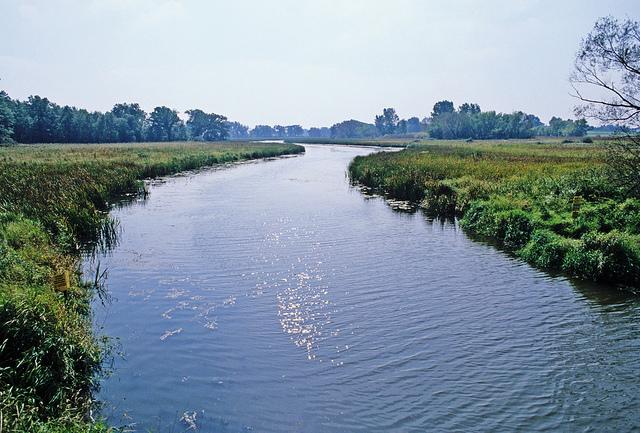A proposal to investigate what Dane County could do to monitor or halt airport projects if dangerous levels of PFAS are found at the project sites is making its way through the committee process, according to the Wisconsin State Journal.
The proposal, written by Dane County Supervisor Yogesh Chawla, District 6, would let legislators know their options for regulating airport construction in PFAS-contaminated areas, as well as require PFAS test information to be publicly reported, according to the WSJ.
Wednesday, the Dane County Airport Commission approved Chawla’s proposal, one of several proposals made to address PFAS contamination, according to the WSJ.
PFAS, known as “forever chemicals,” are man-made substances that remain in the human body and do not naturally degrade in the environment, allowing them to accumulate over time.
PFAS are found commonly at airports and cause groundwater contamination in the surrounding areas, according to the Environmental Protection Agency website.
Studies suggest exposure to PFAS may cause adverse health outcomes in animals, from reproductive issues to increased cholesterol levels to cancer. Humans exposed to PFAS might suffer from similar health concerns.
Christy Remucal, who is an aquatic chemistry specialist at the University of Wisconsin, supports the regulation of PFAS.
“There are a lot of red flags when it comes to PFAS and … I do think they need to be regulated,” Remucal said.
Sup. Chawla wants Dane County to have more opportunities to monitor PFAS-contaminated areas like the Dane County Regional Airport, according to the WSJ.
Monitoring PFAS levels is more complicated than simply identifying chemicals, so PFAS contamination has challenged scientists and lawmakers alike, Remucal said. Plus, the effects of PFAS contamination are wide-ranging.
“Pretty much everywhere people look, they find these chemicals,” Remucal said. “Whether it’s the water, soil, fish, precipitation, they’re everywhere.”
Despite this, Remucal said they believe legislative efforts could improve the state of PFAS in Wisconsin because many areas have already made legislative changes to address the issue.
For example, Eau Claire recently shut down nearly half its wells after tests found local groundwater to have unsafe levels of PFAS, according to U.S. News.
“I think the action at the federal level has been really slow. That’s why a lot of states are coming up with their own regulation,” Remucal said. “We’ll be working on this for a long time.”


